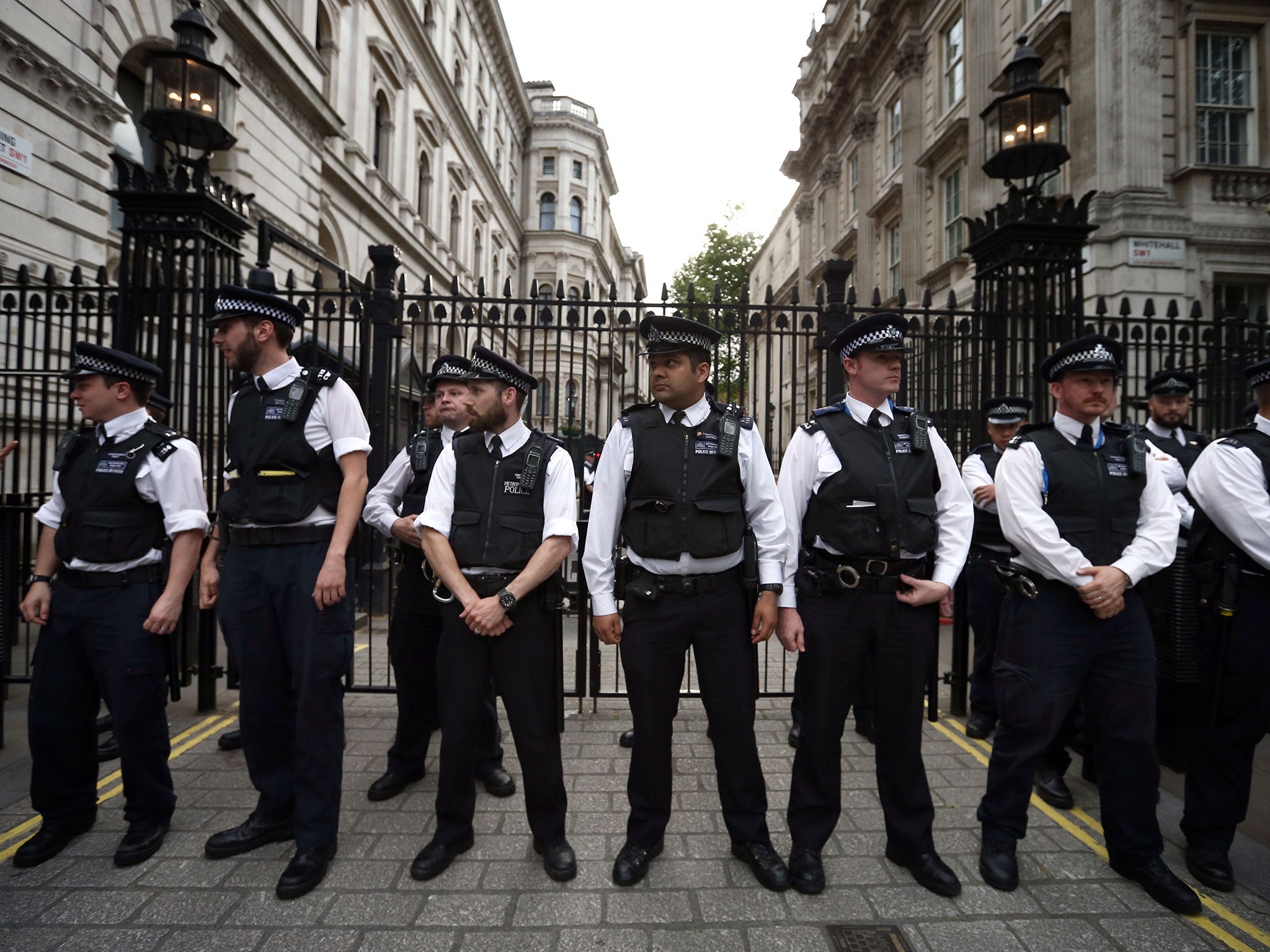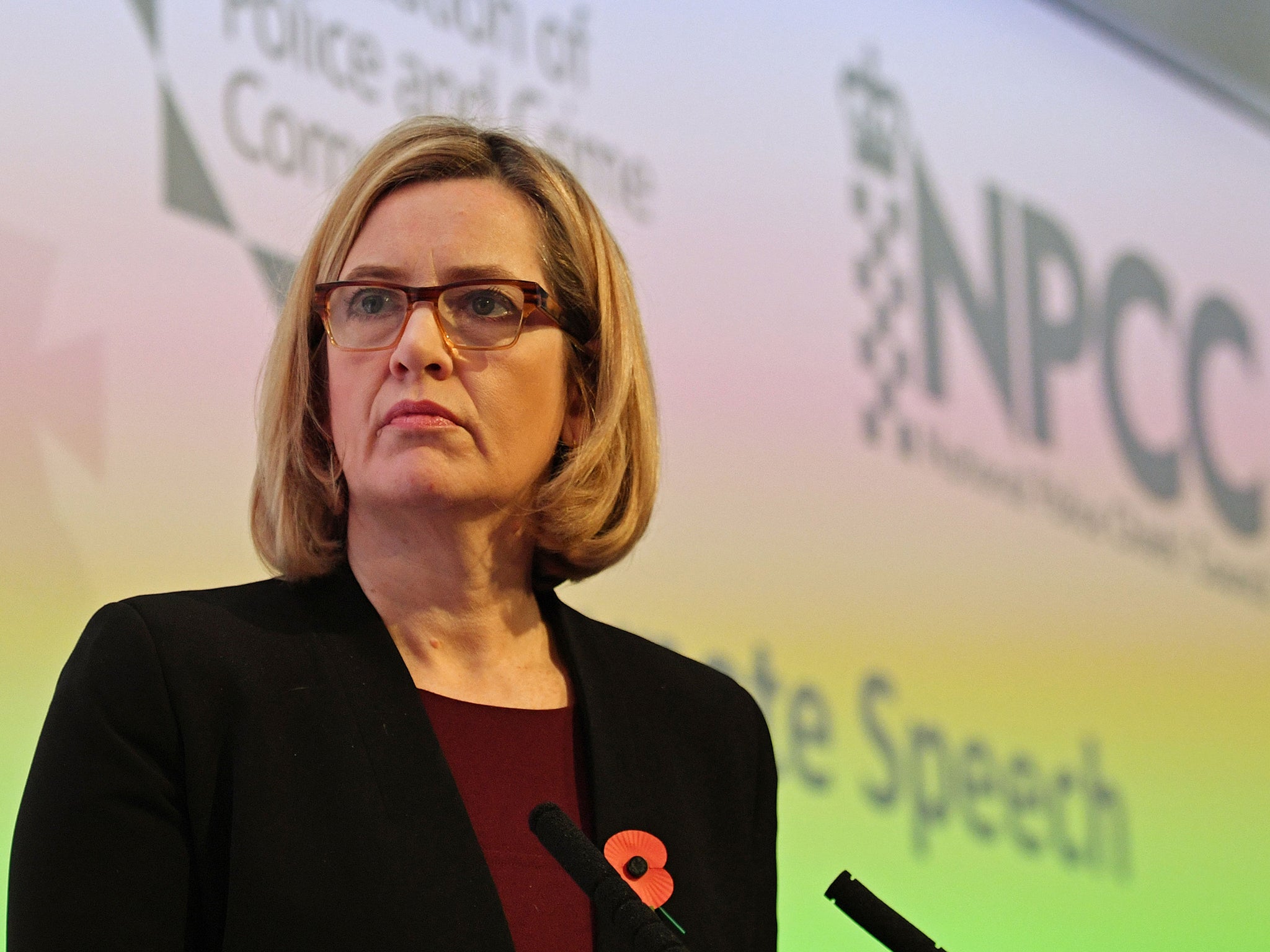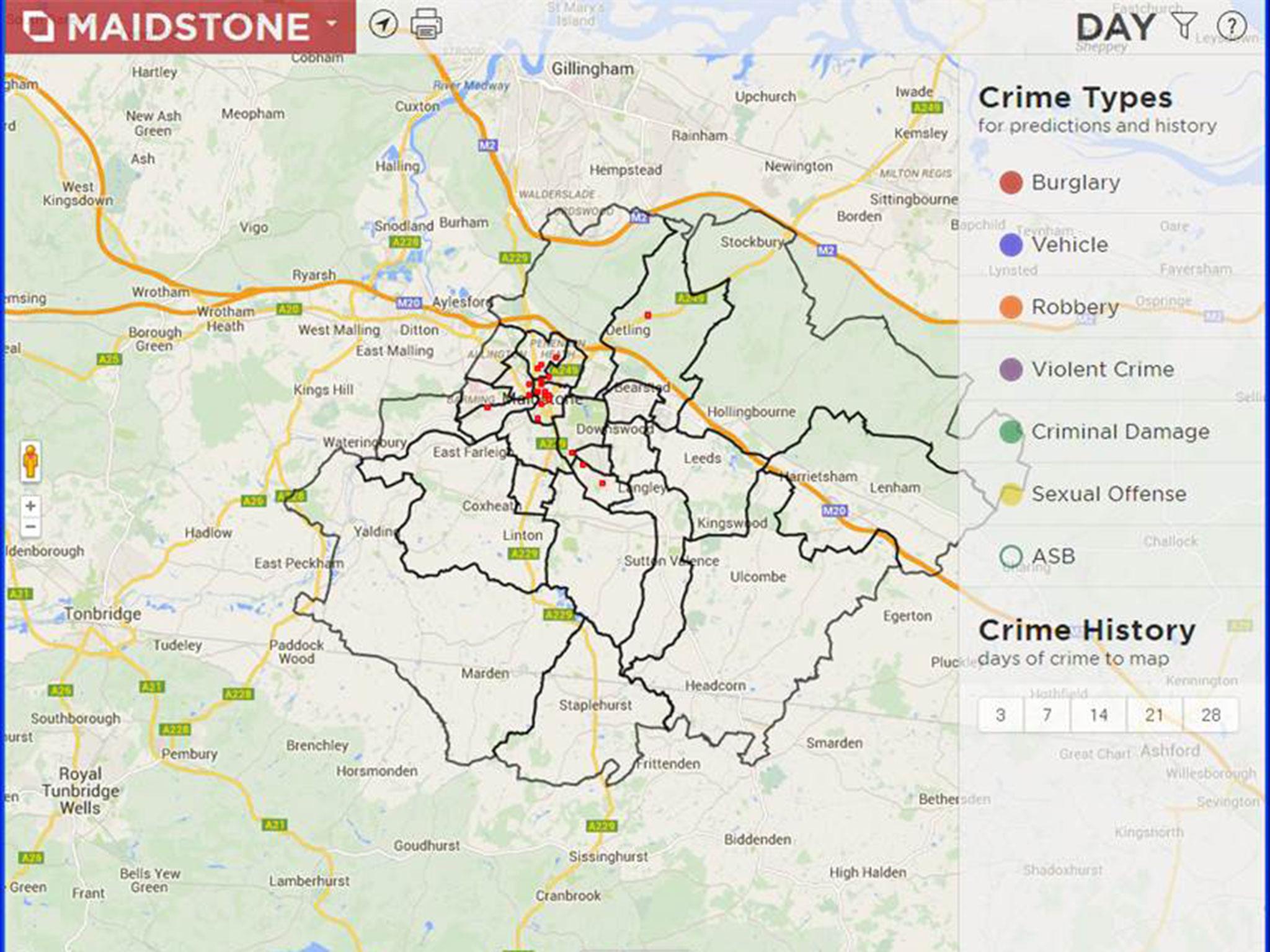Police failing to respond to some crimes because of 'significant stress' caused by budget cuts, report warns
HM Inspectorate of Constabulary warns forces against 'suppressing' offences to reduce demand

Police forces are failing to respond to low-priority crimes because of “significant stress” caused by continued budget cuts amid a huge rise in demand, a report has found.
HM Inspectorate of Constabulary (HMICFRS) warned that increasing drops in spending were having a “negative effect” on the response to crime.
Inspector Mike Cunningham, said that some offences deemed to be low-priority are waiting a long time to be solved or even seeing “nothing done at all”.
“Under austerity and under cut-backs, the requirement to prioritise has become more acute in recent years,” he said.
“Often forces are using an assessment of the threat, harm and the vulnerability of the person calling.
“Sometimes they get that absolutely right…but sometimes they can be misapplied or poorly managed and vulnerability can be missed.”
Mr Cunningham said inspections across England and Wales found that some incidents of crimes including assault, violence against the person and criminal damage had not been responded to but that individual mistakes rather than a “systematic failure” were responsible.
The inspector said it was the first time an efficiency inspection had found the UK’s police to be under “significant stress” but stopped short of repeating calls by senior police officers for increased funding.
“The service would have to demonstrate how that money is going to be used…and what benefits it would bring for the public,” Mr Cunningham added.
HMICFRS’s annual report on efficiency concluded that forces could do more to modernise the way they work, including updating archaic computer systems and using the internet more to engage with members of the public.
The assessment came days after Amber Rudd told police she did not want to see them asking for more money in response to rising crime, while hailing an increase in “police transformation funding” and calling for more efficiencies to be made.
According to financial plans drawn up by police forces, revenue expenditure will fall by 6 per cent from £12.3bn this year to £11.6bn in 2020/21.
The number of police officers – already at the lowest level since 1985 – is predicted to drop further to 120,217 in the same period.
The National Police Chiefs’ Council has been leading arguments for the Government to give forces more money to deal with the rising terror, violent crime and 999 calls.
Chief Constable Sara Thornton, the group’s chair, said that most forces are making progress improving efficiency after making £1.6bn savings in the last five years.
“HMICFRS cites sophisticated analysis of demand, effective tools to help manage it and ambitious and impressive collaborative plans,” she added.

“While some forces require improvement in this area, HMICFRS recognises that forces with particularly difficult financial positions have more limited opportunities to invest to improve efficiency.”
Of the 42 forces inspected, 10 were found to require improvement on efficiency, including the Metropolitan Police, Nottinghamshire, North Yorkshire and South Yorkshire.
Only two – Durham and Thames Valley – were listed as “outstanding” and the rest were graded as good.
Greater Manchester Police was excluded from the full inspection because of its response to the arena bombing, which was ongoing during scheduled visits by officials.
Matthew Scott, of the Association of Police and Crime Commissioners (APCC), said that although the need to spend public money with “absolute efficiency” was accepted, “real terms protection is needed to deliver the service the public expect going forward”.
“The current settlement for policing, especially the flat cash arrangement, no longer ensures the resilience of police forces to respond to further increases in demand,” he added.
“Specific investment is needed now in order to ensure the service is able to meet the challenges we face.”
HMICFRS said police had become the “service of last resort” for shrinking public services, particularly in mental health, and will have to increase cooperation with local authorities, the NHS and other agencies to respond to all cases.
“In reducing demand, it is important that forces do not simply suppress it,” its report warned.
“HMICFRS is beginning to see examples of forces taking action to prioritise their demand in such a way that low-priority and less urgent incidents can be left unresolved for long periods.
“While the prioritisation of tasks is important, forces need to ensure that victims receive a quality of service that meets their needs.”
Where there is shortfall of resources, the report said police staff are compensating by working even harder and doing overtime, which unions say is driving increasing mental illness and long-term sick leave.
“In a small number of cases, this is not sufficient and the needs of the public are not adequately met,” the report said, highlighting understaffed control rooms relying on outdated technology.
While 999 calls have increased by 10 per cent in a year, data on the 101 service is patchy but callers have complained of long waits that frequently cause them to hang up.
As well as the dropping number of police officers, HMICFRS has raised concern over fewer staff working in contact centres and other back-room areas, which have borne the brunt of cost-cutting.
Mr Cunningham said forces would have to start “saying no to things” to continue providing the service that the public needs and expects.
“Prioritisation might not be an up-front say no but that’s what actually happens,” he added. “Some types of incidents trump others, and quite properly too.”
The Metropolitan Police has already released guidelines instructing officers to stop investigating some “low-level crimes” with no prospect of conviction as it works to save £400m by 2020.
“At a time of shrinking budgets …is it right that the things that seem to be growing are the Independent Police Complaints Commission, the HMICFRS and the Home Office?” Commissioner Cressida Dick asked a conference last week.
HMICFRS is calling on police forces to draw up ambitious plans to tackle future crime, adapt to modern ways of communicating with victims and ensure staff have the skills they need.

Mr Cunningham told The Independent that the internet and social media had made it easier for criminals to target victims “on an industrial scale” across force lines and even international borders.
“If forces don’t prepare themselves they are going to be hit – this is happening now,” he added.
The Inspectorate has also made the case for putting more resources into prevention, amid warnings from senior police officers that crucial neighbourhood policing is being reduced by cuts and the response to terror attacks.
Mr Cunningham said that while “aimless and uninformed” police patrols would not be efficient, sending officers to known hotspots where they could both prevent crime and reassure residents would be welcomed.
Nick Hurd, the policing minister, said the public “rightly expect the police to adapt and transform for the future”, adding: “The Government recognises that demand on the police is changing and we are sensitive to the pressures they face.
“That is why I am leading a review of demand and resilience, as well as assessing how forces can improve efficiency, increase productivity and make prudent use of over £1.6bn of financial reserves.”
The HMICFRS contested the figure, which it put at £1.4bn while warning that more than two thirds of reserves already been allocated for future investment and the rest were “contingency” funds held in case of a major incident such as a terror attack.
The Metropolitan Police Service said it was disappointed by its “requires improvement” grade, which was driven mainly by 101 call waiting times and lacking analysis of staff skills.
“The Met is here to keep London safe and that will always remain the priority,” a spokesperson said. “The organisation is currently undergoing an incredibly ambitious change programme to help the organisation effectively manage resources and demand to become the safest global city in the world.”
Subscribe to Independent Premium to bookmark this article
Want to bookmark your favourite articles and stories to read or reference later? Start your Independent Premium subscription today.
